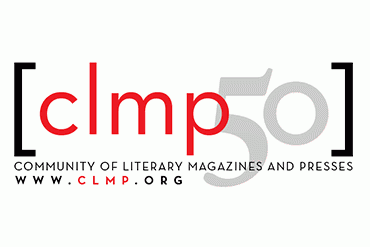In summer 2018, SAND joined the Community of Literary Magazines and Presses (CLMP), a New York-based network of hundreds of literary journals and small publishers, mostly in the United States. SAND’s Editor in Chief Jake Schneider was interviewed about the experience of publishing an English-language journal in Germany for the CLMP blog. Here is an excerpt from the beginning of the interview:
What are some of the challenges you face publishing in English while existing in Germany?
Publishing in English in Germany is rewarding and gratifying. As an editor anywhere, nothing beats the feeling of a holding a freshly printed issue in your hands and remembering all the love and hard work that went into it. I’d like to emphasize that first.
On to the challenges. It’s fair to say that all independent literary journals are in precarious financial straits, but our location also rules out many of the usual fundraising strategies. In a country where a great many artistic projects are taxpayer-funded—where the arts are still mostly considered a public good—we are largely ineligible for that support, even as taxpayers. But because Germany’s public system functions relatively well, there isn’t the need for the same culture of donations as in the US. And it’s similarly hard to find advertisers. So, for nine years now, we’ve covered our printing costs mainly through issue sales and admission fees to our launch parties. I’m pondering these dilemmas, though. We want to raise more funds so we can start paying contributors at last.
But Berlin is not synonymous with Germany. Not long ago, and for nearly four decades, the city was occupied by four countries and two rival ideologies. West Berlin was physically walled off from both East and West Germany. This urban island, ringed by rivers and lakes, attracted artistic misfits of all stripes: draft-dodgers, muralists, clubgoers, musicians, squatters, punks, and underground poets. Their legacy remains: it’s not your standard European capital.
In other words, Berlin has a long history as a community of outsiders in creative isolation, a metropolis in between countries and systems. SAND sees itself within that history—not as more foreign occupiers, I hope, but as a creative community within this hotbed of self-driven artmaking. And literature in English and many other languages is thriving here. We’re proud to play a part in it.
Publishing in English in Germany Read More »

